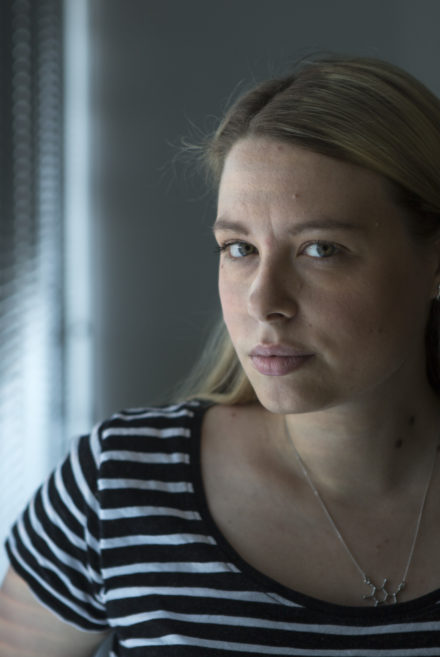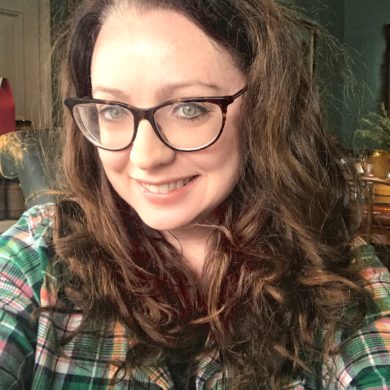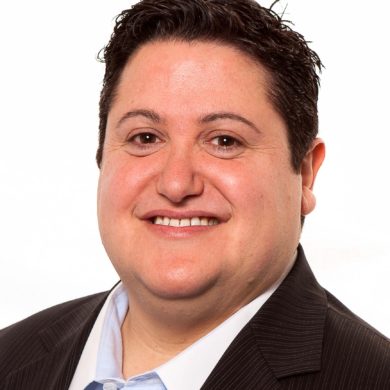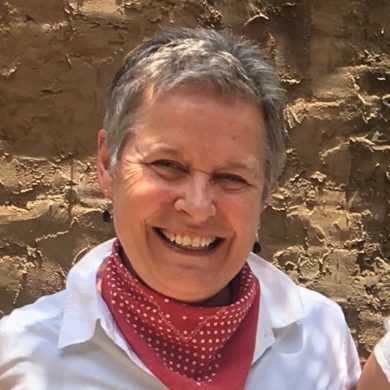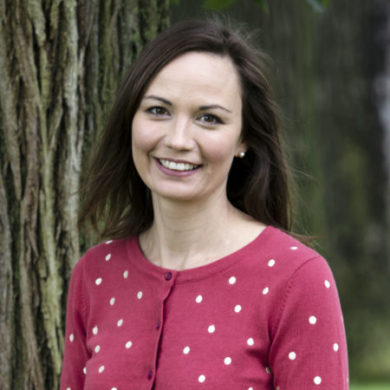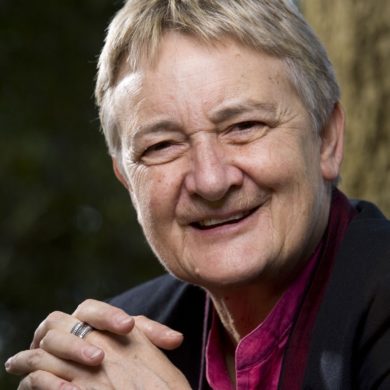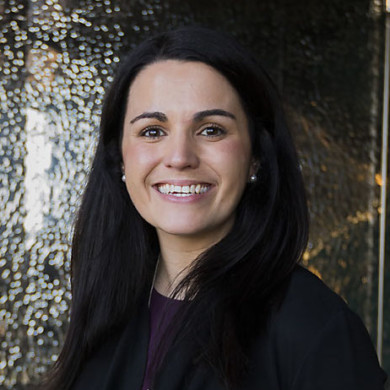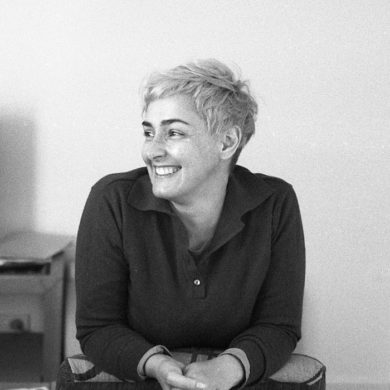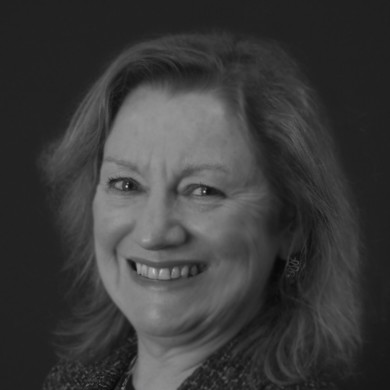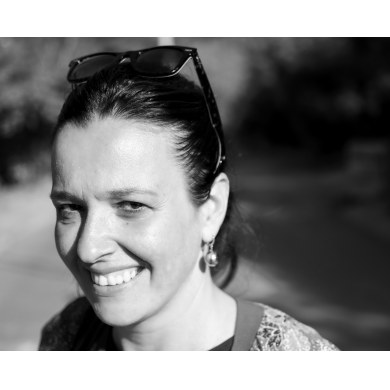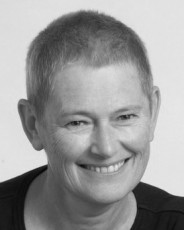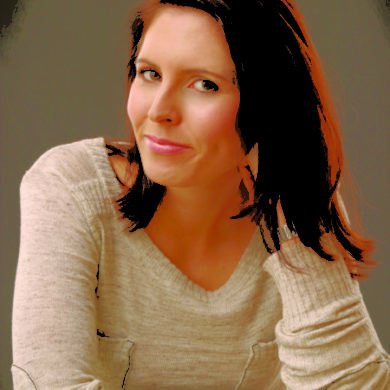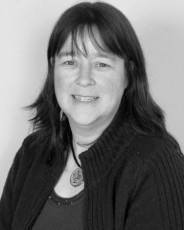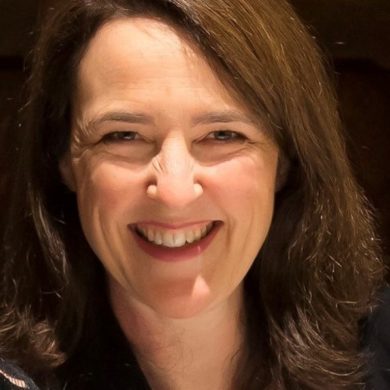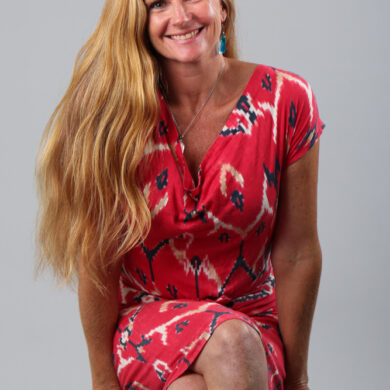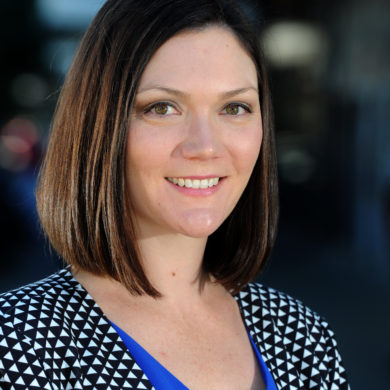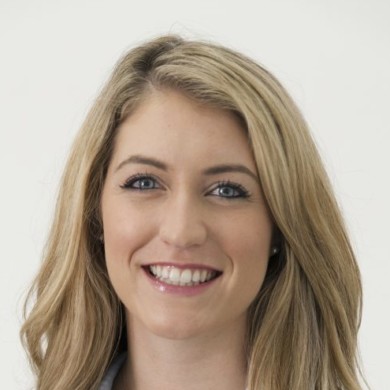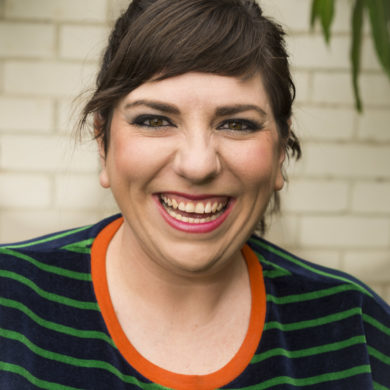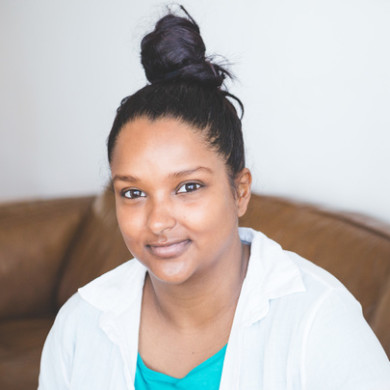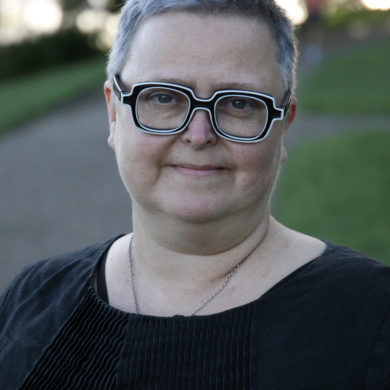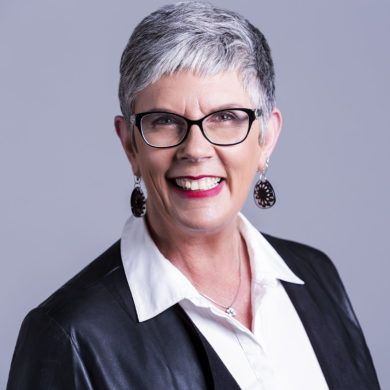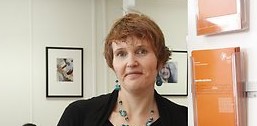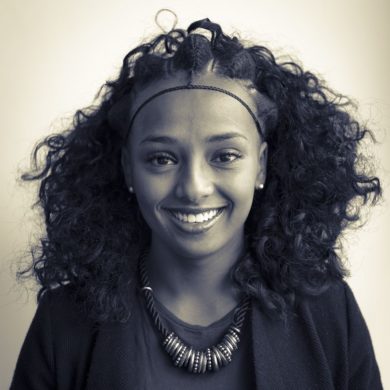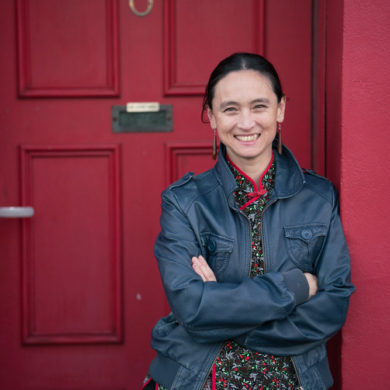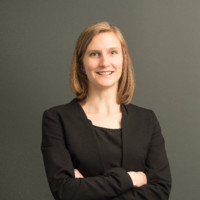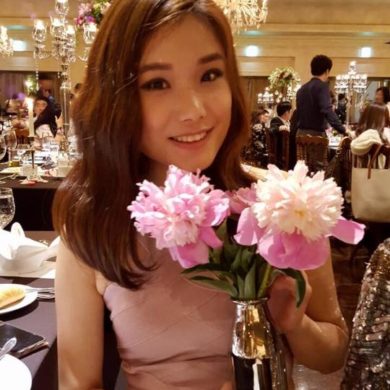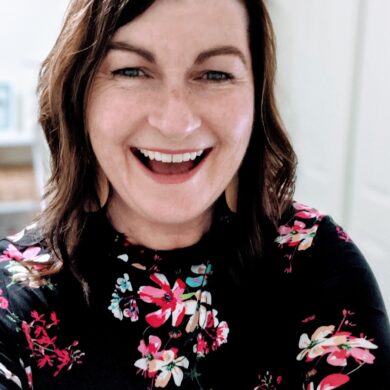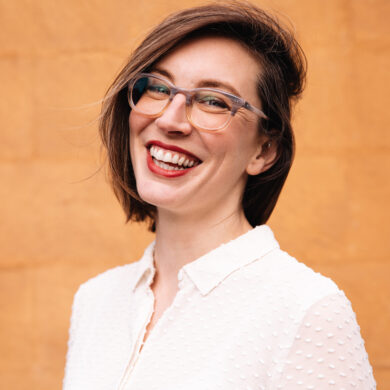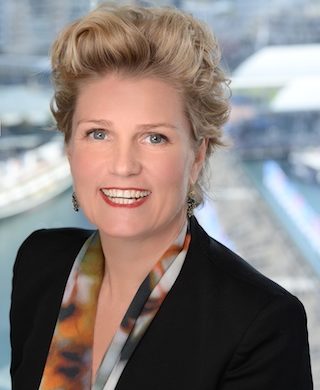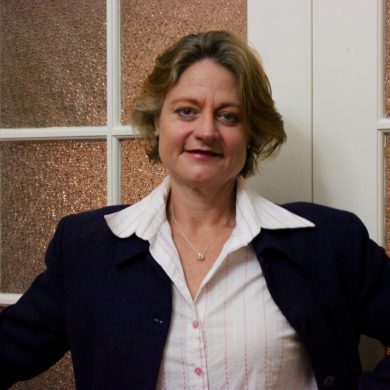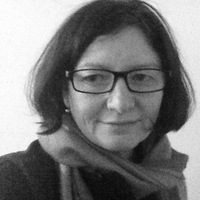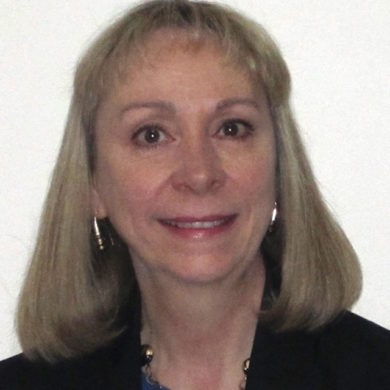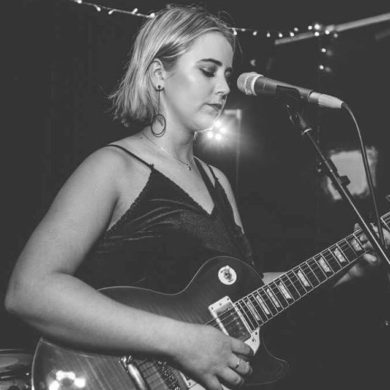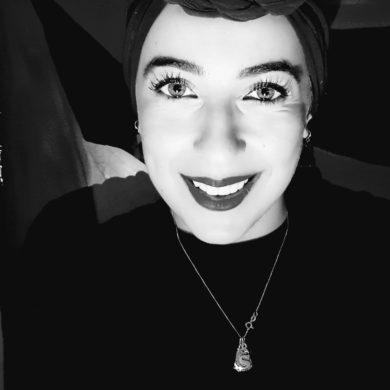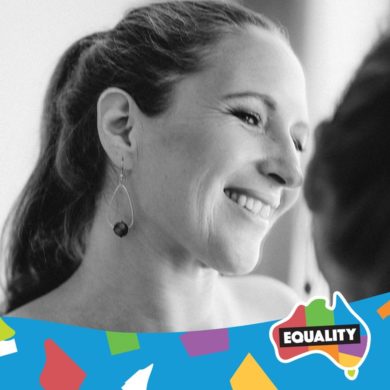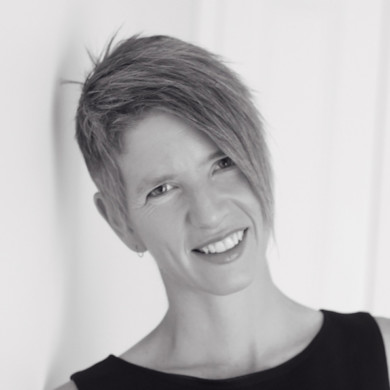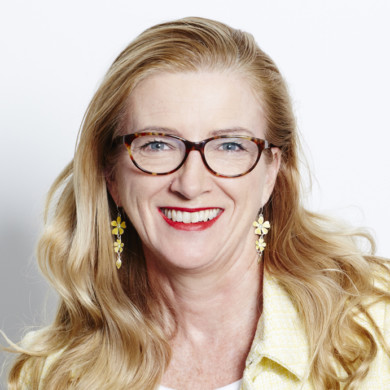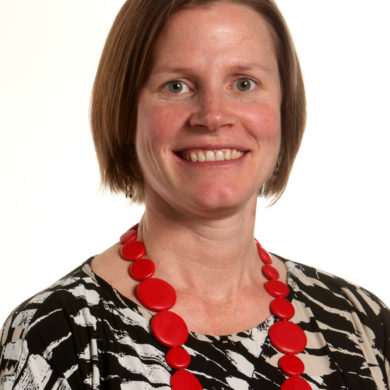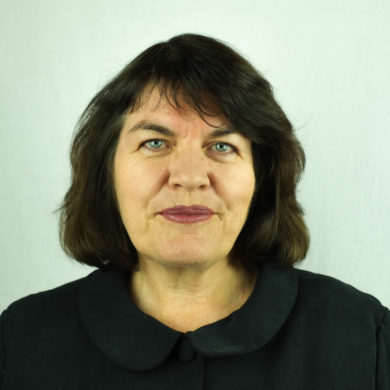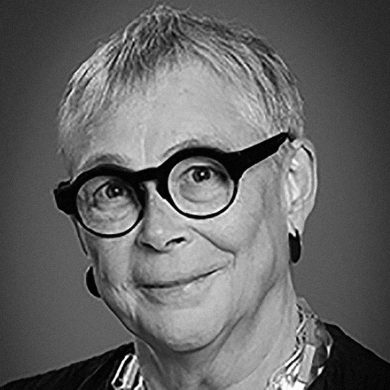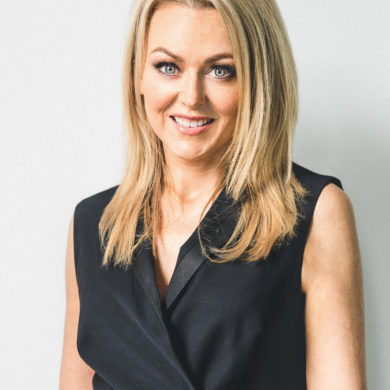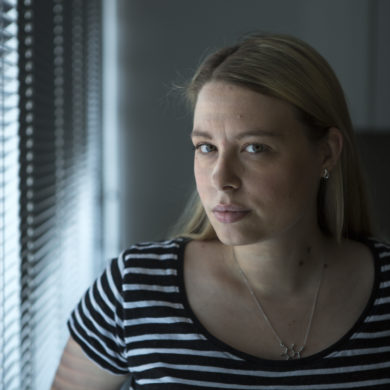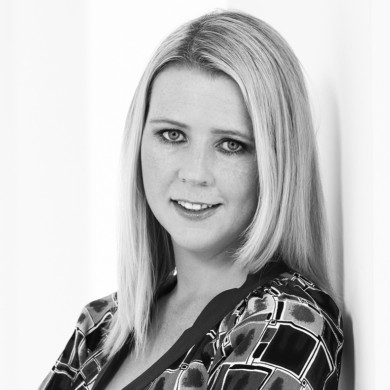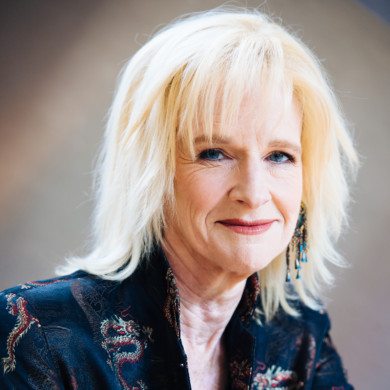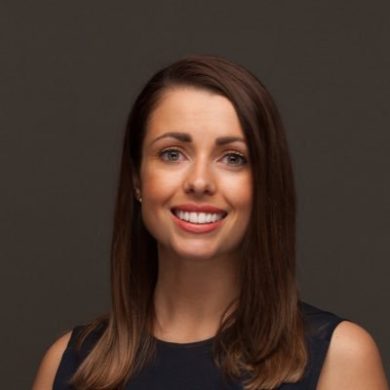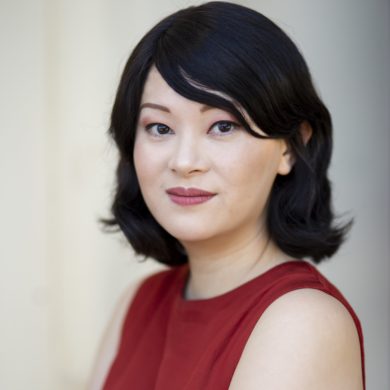Alana Schetzer
Journalist, editor and academic
- https://www.linkedin.com/in/alana-schetzer-66251a39/
- https://www.alanaschetzer.com
- hello@alanaschetzer.com
Specialty Areas
Advertising and Public Relations, Advocacy, Feminist Policy and Politics, Women’s Affairs, Gender, Governance, M.C. and Facilitator, Motivational Speaking, News, Politics, Public Service, Government, Public Policy, Social Justice and Human Rights, Women’s Health and Reproductive Rights
About Me
Alana Schetzer is a Melbourne-based journalist, editor and academic who has been working in the industry for the past 13 years.
She specialises in reporting on social justice, politics and culture.
She worked at The Age as a news reporter for five years, covering social justice, health, crime and was a sports columnist and television reviewer for Green Guide.
She works as a producer at the ABC’s World Desk and also freelances for a wide range of publications, including SBS, The Guardian, ABC, News.com.au, Overland, The Daily Telegraph, The Saturday Paper, Crikey, Herald Sun, RendezView, The Conversation, Daily Life, Escape, Voyeur Magazine, Delicious, Women’s Agenda Whimn, Huffington Post, Good Weekend, Peppermint, MamaMia, Essential Kids, Slow Magazine, Time Out Melbourne, M Magazine and many more.
Alana has taught undergraduate and postgraduate journalism and media students at the University of Melbourne, RMIT and La Trobe University, where she has lectured and tutored.
Alana is heavily involved in the media industry and has been a panellist and host at writers festivals across the country, including Canberra Writers Festival, National Young Writers Festival, Storyology, Emerging Writers Festival and Digital Writers Festival and has delivered talks and workshops at schools and for corporate clients.
She has also worked closely with Express Media and The Stella Prize delivering workshops and mentoring young writers. In 2017, she was selected for a prestigious Dart Centre Asia Pacific Fellowship, which focused on climate change and trauma reporting.
Alana co-founded Women in Media and was previously a trustee of the Media Safety and Solidarity Trust, which provides financial support to journalists and their families in high-risk countries such as Pakistan and the Philippines.
